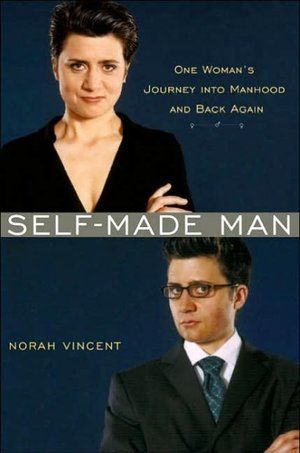
I’m taking a break from the joys of currency to put my two cents in on the recent shootings in Santa Barbara. By now, the young, isolated male with a history of mental instability who can yet access major firearms is tragically stereotypical. A friend of mine, seeing the posthumous youtube posting, critiques it and Rodger as “poorly acted…(by an) attention seeking entitled shit who suffers from illusions of grandeur and affluenza,” and asks me for my diagnosis. While I’m not going to diagnose Elliot Rodger, what I’m hearing in the post is someone absolutely disconnected from his emotions. It’s that almost flat tone, some might even call it serene and confuse it for a strange kind of confidence. It is instead the sound of one’s voice after a traumatic event, before the emotions kick in; it is the sound of shock, of dissociation.
So while everyone is talking about gun control, can we take it to a deeper level? Our boys, and the men they become, are in trouble. While Rodgers, and Holmes etc before him, are extremes, our males are at risk, from puberty on, in continued discouragement around developing more “feminine” qualities that allow for satisfying intimacy, relationally and not merely sexually. And those who do are likely to be the main object of interest for the school bully. That bully is nothing compared with the Queen Bee, however, at the tippy top of the high school social hierarchy…and while females like to think that every time they turn a guy down it doesn’t sting, it does. And it particularly does with those suffering from narcissistic wounds, the kind that say, who you ARE is bad and unworthy. Narcissism is merely a strategy for compensating for those injuries.
Norah Jones, in her 2006 expose, Self-Made Man, reveals what posing as a man among men for eighteen months was like. She observed the camaraderie among them, the terrible toll of repeated rejection, the inability to find and foster deeper and more meaningful connections with either men or women, and the resultant hostility of that terrible loneliness, imposed by self and other. Their disconnect between sexuality and their emotions also intrigued me; we do encourage dissociation in the enculturated male, don’t we? Yet we become surprised when that dissociation, when that failure to connect, when that rejected, wounded ego breaks, upon occasion, and devastates.
This is not in any way to pardon Rodgers and his ilk from their violence. Nor is it to discourage women from our right, from start to finish, to say no. It is a plea for getting beyond our cultural expectations in this country around our teen boys and the men they become, to no longer confuse toughness with strength, and to recognize the tenderness that lives at the heart of the male, both for its ability to be wounded, and to connect. The men who come into my office suffer from years of being told, and in some cases even buying into, the taboo around recognizing and talking about their feelings, and their yearning for real relationship. That is its own trauma, leaving them stuck and unable to live life with real passion. And the passionate soul of a healthy man is a magnificent thing!
What do you think?